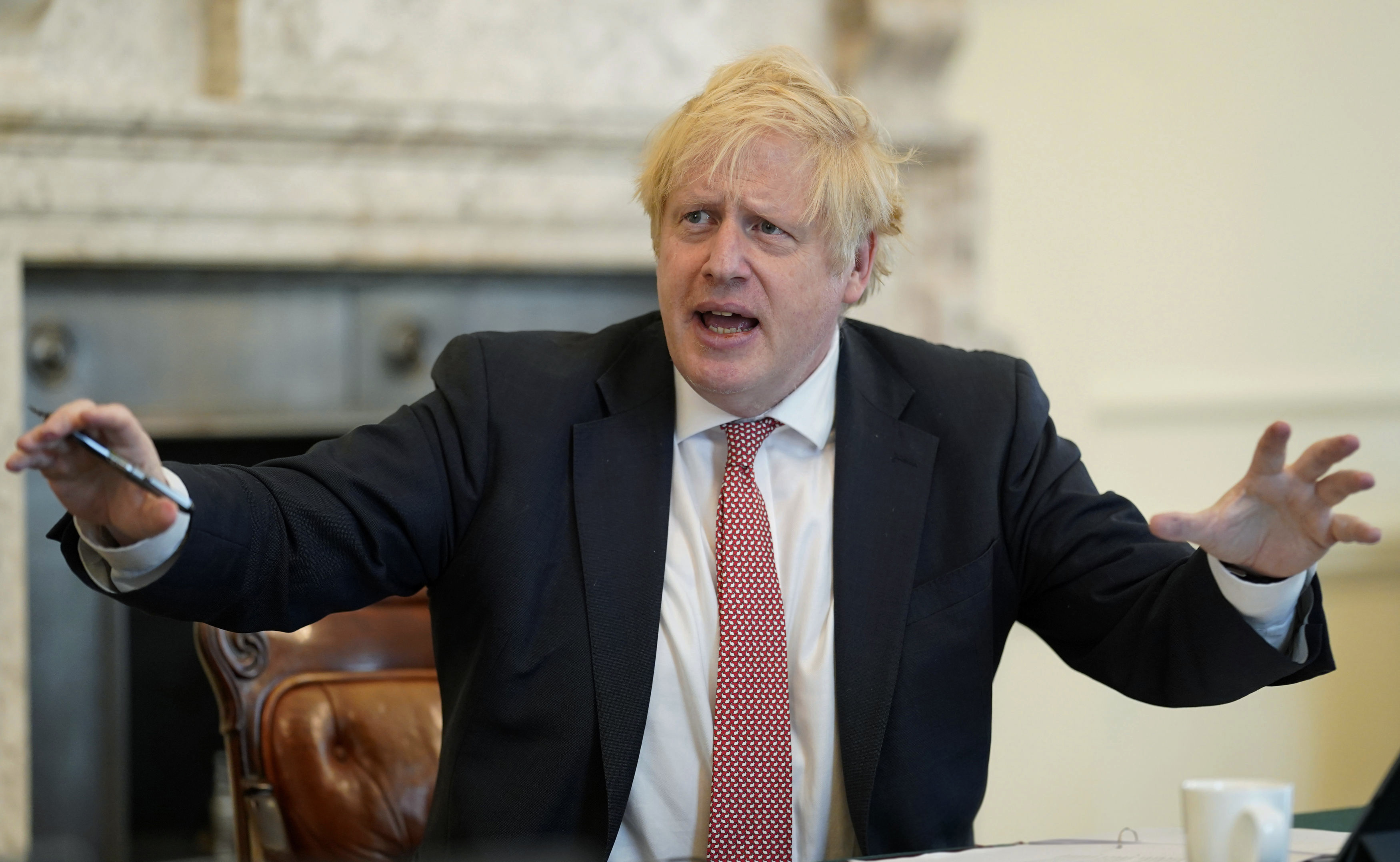On the Isle of Skye off the western coast of Scotland, residents thought they had sealed themselves off from the coronavirus. They shuttered hotels. Officials warned of police checks. Traffic emptied on the only bridge from the mainland.
But the frailest spot on the island remained catastrophically exposed: Home Farm, a 40-bed nursing home for people with dementia. Owned by a private equity firm, Home Farm has become a grim monument of the push to maximise profits at Britain’s largest nursing home chains, and of the government’s failure to protect its most vulnerable citizens.
Today, all but seven of the residents have been stricken. More than a quarter are dead.
The virus has ravaged nursing homes across Europe and the US. But the death toll in British homes — 14,000, official figures say, with thousands more dying as an indirect result of the virus — is becoming a defining scandal of the pandemic for Prime Minister Boris Johnson.
By focusing at first on protecting the health system, Johnson’s strategy meant that some infected patients were unwittingly moved from hospitals and into nursing homes. Residents and staff members were denied tests, while nursing home workers begged in vain for protective gear.
“We were witnessing horrendous images in Spain and Italy, so a lot of attention was paid to maintaining and securing the National Health Service,” said Dr Donald Macaskill, the chief executive of Scottish Care, which represents nursing homes. “The NHS was prioritised at the expense of social care.”
At Home Farm, set above a silvery loch on a northeastern finger of the island, employees do not know how the virus got inside. But early in the pandemic, they expressed fears to their bosses about the company bringing in workers from outside the island. And they fretted over the half-dozen new residents who were deposited in empty beds, some of them from hospitals and others from their own homes.
Responding to the outbreak, the Scottish health secretary said a review should be conducted of its entire nursing home system, which falls under Scottish government control.
In England, an independent commission is looking into “serious potential breaches” of human rights in nursing homes.
Problems funding nursing homes, a bugaboo in British politics since Margaret Thatcher privatised them in 1990, hobbled Johnson’s predecessor, Theresa May, whose proposal to raise resident fees was nicknamed the “dementia tax”.
Now Johnson is feeling the heat. In the House of Commons, he faces a weekly barrage over nursing homes, including accusations that he lied about government guidance playing down the chance of outbreaks.
“People in nursing homes, they don’t have the same voice as I have,” said John Gordon, a member of the local council from Skye, whose 83-year-old father is one of 10 Home Farm residents to have died. “The government has failed our old people.”
Britain’s hospitals are revered for providing free, universal health coverage. But the nursing home system is a decidedly American export, with corporate giants based in offshore tax havens often paying workers the minimum wage and trying to wring profits out of an ageing population.
For-profit nursing homes now control even more of the British market — 86 per cent — than the American market. And the biggest chain, HC-One, which owns Home Farm, has been hit hard. Cases have broken out in two-thirds of its 328 homes. Four employees and 934 residents have died.
New York Times News Service











